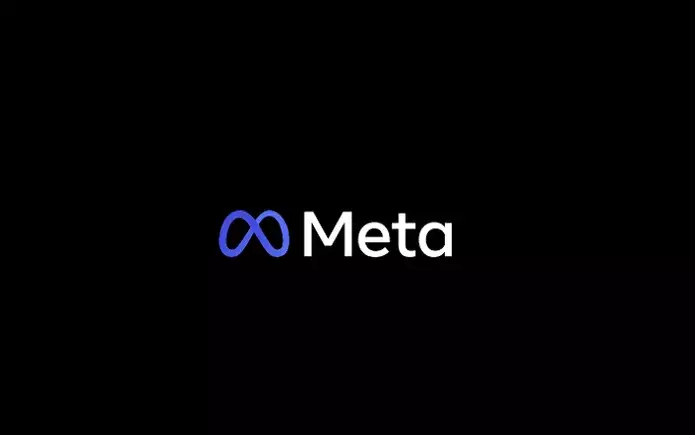Online scams have continuously evolved, posing a grave threat to users across various digital platforms. Among the emerging threats, one prominent and insidious scheme known as “pig butchering” has captured attention due to its deceptive tactics and emotional manipulation. In this article, we will explore what pig butchering entails, how major companies like Meta are combating this issue, and essential strategies everyone should adopt to safeguard oneself from falling victim to such scams.
Pig butchering is a sophisticated form of fraud that is growing in prevalence, particularly on social media platforms and dating apps. The term draws an analogy from the farming practice, where a pig is fattened before ultimately being slaughtered. In the context of scams, the “pigs” are unsuspecting individuals—often lonely souls seeking companionship or financial relief—who are led to believe they are entering a genuine relationship. The “butchers,” in this scenario, are the fraudsters who invest time in gaining their victims’ trust before introducing them to fraudulent investment opportunities, usually involving cryptocurrencies or other high-risk ventures.
This manipulation typically begins with heartfelt conversations, romantic overtures, and assurances that wealth can be easily acquired. However, once victims loosen their financial grip, the fraudsters swiftly withdraw, leaving individuals emotionally and financially devastated. The cruelty of this scheme lies not only in the financial loss but also in the emotional turmoil that compounds the victims’ existing feelings of isolation and loneliness.
In response to the growing threat of pig butchering and similar scams, Meta, the parent company of platforms such as Facebook and Instagram, has ramped up its initiatives to identify and dismantle networks of scams. Over the past year, Meta has made significant strides in removing over two million accounts tied to these schemes, primarily originating from Southeast Asia. The company began with a concentrated effort in Cambodia and has since widened its scope to other regions such as Laos, Myanmar, and even the United Arab Emirates as these fraudulent operations evolve.
Meta has not only focused on internal strategies but has also collaborated with law enforcement and non-governmental organizations (NGOs) to devise a comprehensive understanding of how these criminals operate. Their investigations have uncovered a sophisticated web of operations tied to organized crime syndicates, allowing them to develop more effective detection and prevention mechanisms. By sharing insights with other industry leaders, Meta aims to enhance collective defenses against scammers.
While Meta’s efforts form part of a broader security framework, individual users must also take proactive measures to protect themselves. Below are several tips to consider:
1. **Enable Two-Factor Authentication**: This provides an extra layer of security that can deter unauthorized access to your accounts.
2. **Be Wary of Unsolicited Messages**: Approach messages from strangers with skepticism, especially those that come with financial offers or requests.
3. **Scrutinize Links and Email Addresses**: Always check the details. Phishing attempts often use slightly altered URLs or email addresses that mimic legitimate sources. Hover over links to reveal the true destination before clicking.
4. **Research Investment Opportunities**: If an offer sounds too good to be true, it often is. Take the time to research any investment opportunity thoroughly before getting involved.
5. **Series of Small Deposits**: Scammers often ask for a series of small investments to earn trust before requesting a larger sum. Be vigilant if you notice such patterns.
6. **Trust Your Instincts**: If something feels off, it probably is. Trust your intuition and disengage from conversations or offers that make you uncomfortable.
7. **Educate Yourself and Others**: Knowledge is power. Share your experiences and insights with friends and family, fostering a community vigilant against scams.
As scam tactics become increasingly sophisticated, awareness, vigilance, and education are essential for internet users everywhere. The rise of operations like pig butchering underscores not only the necessity of technological measures but also the human element of trust. By understanding the mechanics behind such scams and implementing proactive safeguarding measures, individuals can better insulate themselves from the emotional and financial devastation that accompanies these fraudulent acts. Together, through collaboration between platforms like Meta and an informed user base, we can work towards creating a safer online environment for all.


Leave a Reply